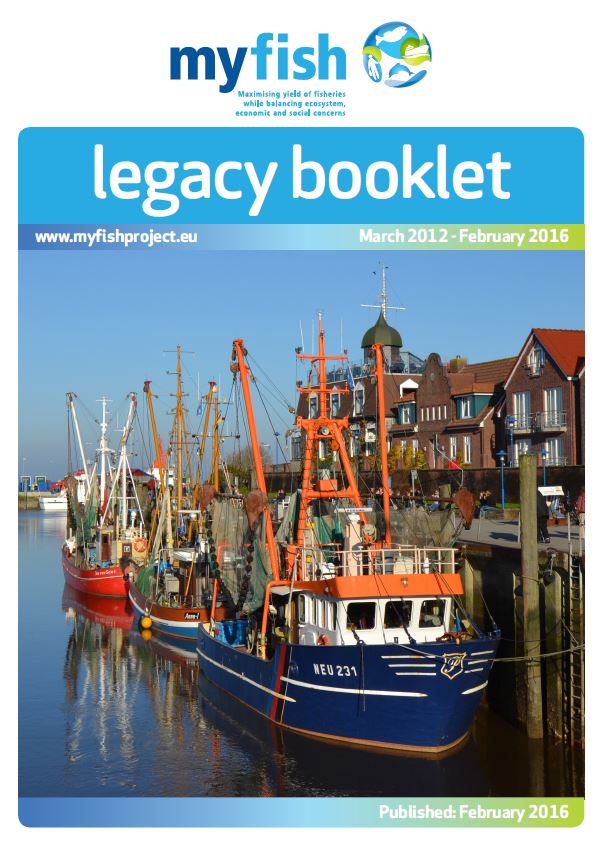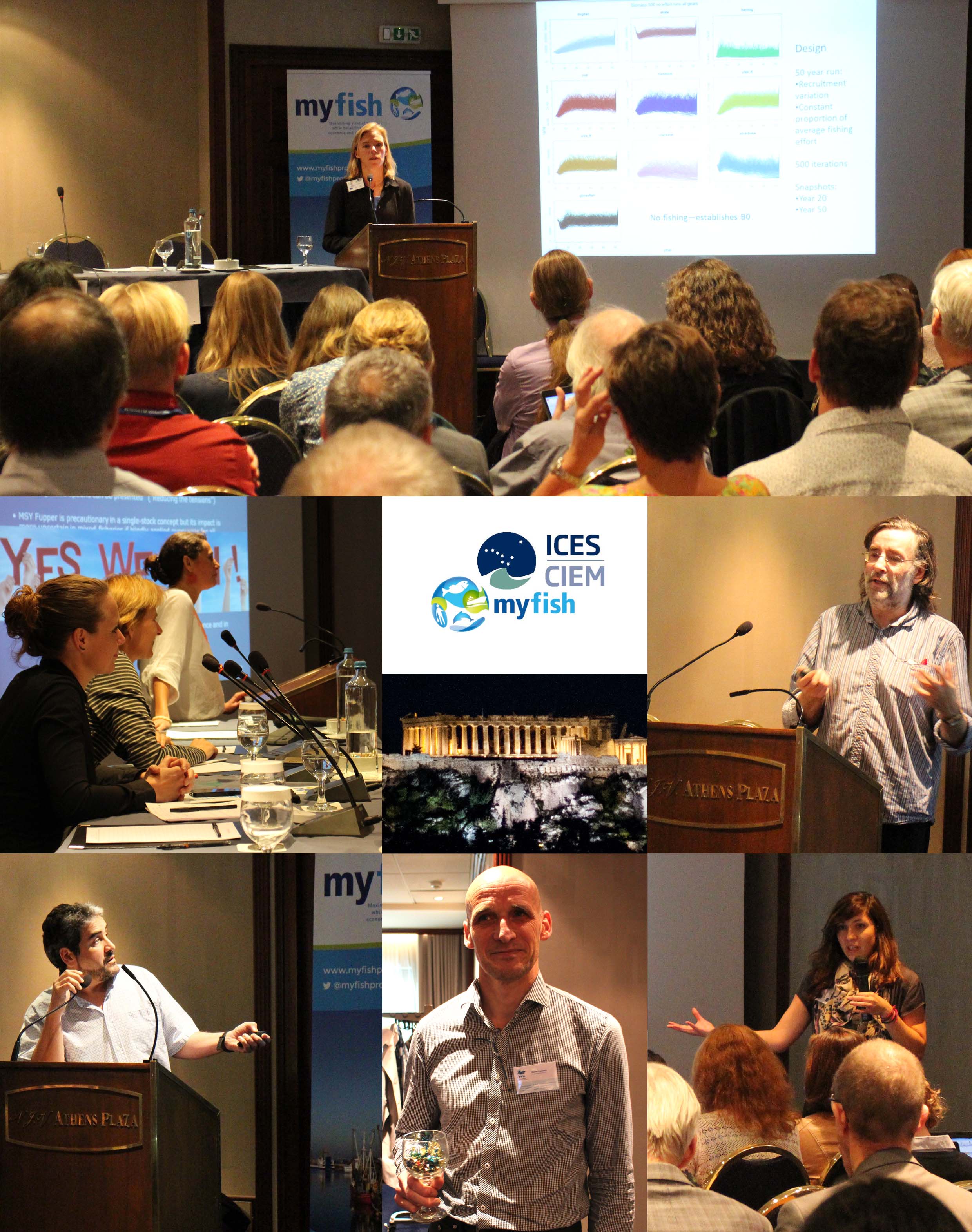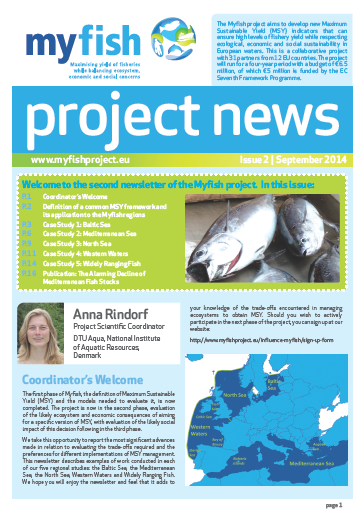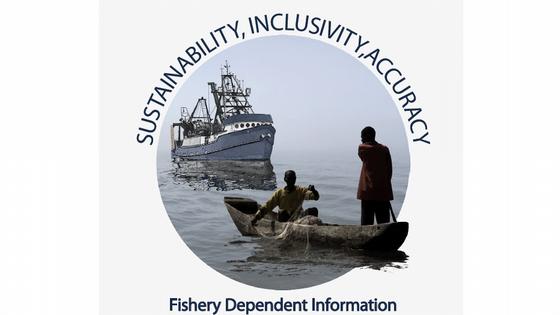Sustainability in fisheries management is a formidable goal for policy makers. One challenge for scientists is to define and design candidates for management plans and harvest control rules (HCRs) in accordance with the precautionary approach (environmental protection through decision-taking in the case of risk) that conform with long-term sustainable exploitation. These HCRs must also extend beyond the realm of fish stock sustainability into that of the environmental, the social, and the economic.
But while sustainable development of renewable natural resources is a goal shared by scientists, policy-makers, and stakeholders, inherent conflicts (e.g. yield maximization vs. conservation interests) prove regular stumbling blocks on the road to reaching it.
Stakeholder consensus is promoted when it is recognized that some seemingly conflicting objectives may be compatible (e.g. economic profit and ecosystem preservation). Work by Dorothy J. Dankel (IMR, Norway), Mikko Heino (IMR), Ulf Dieckmann (International Institute for Applied Systems Analysis, Austria), to be presented in Reykjavík, will outline a quantitative route to reconciling such conflicts through integrated assessments.
By linking a biological model with a socio-economic one, both calibrated for the Norwegian capelin and cod single-species fisheries in the Barents Sea, Dankel et al. lay out multiple objectives by working out utility functions for five stakeholder groups, using the results to assess different management options.
The outcome shows that, for both cod and capelin, suitably low harvest rates and minimum-size regulations selected for larger fish bring about surprisingly high joint stakeholders satisfaction, with the least satisfied among five modeled stakeholder groups reaching a respective 93% and 90% of their maximum achievable utility.
The Conference
The ICES Annual Science Conference will be held in Reykjavík, Iceland, 23–27 September 2013. The conference venue will be the Harpa Conference Centre situated close to the city centre.
The conference will bring together 600–700 participants from all over the world. It provides an opportunity for marine scientists, stakeholders and students to exchange and share their experiences, new ideas, and research results, and discuss the practical challenges encountered and solutions adopted.
Theme Session Timetables and Registration details are available here.


























